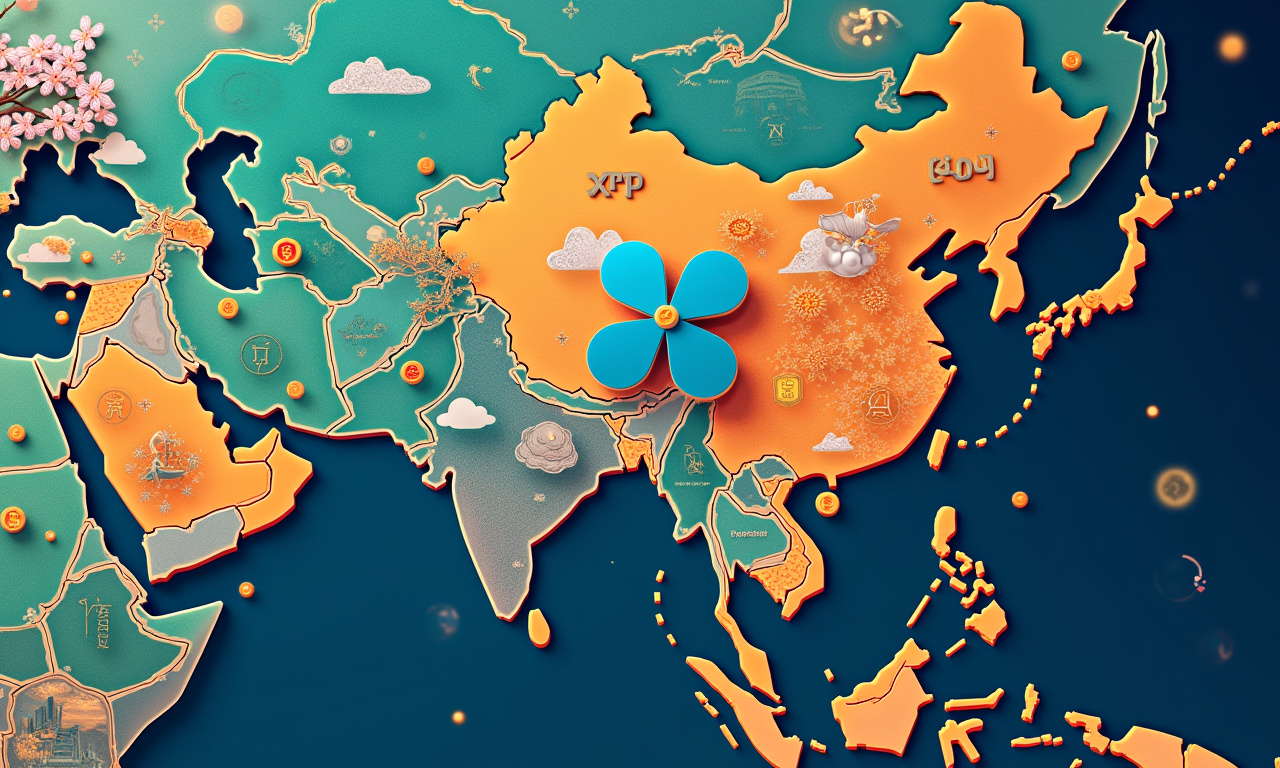
Tomorrow's Fridge Failure: A VC Wake-Up Call for Southeast Asia?

Josefa dela Cruz
Southeast Asia is buzzing. The stereotype that VCs are tossing money around like confetti is real, and it seems like every other week a new startup is launching to disrupt the industry. With all this hype, it can be easy to lose sight of the fact that innovation isn’t just applying technology for technology’s sake to a known problem. It's about understanding the specific nuances of the market you're trying to serve. Tomorrow Photo’s recent shuttering, though it might feel a world away in Seattle, USA, should serve as a jarring wake-up call. A $10,000 smart fridge? Really?
Supply Chains: Southeast Asia's Achilles Heel
Andrew Kinzer blames macroeconomic headwinds. Fair enough. But let's be frank. Building hardware, especially complex hardware like a smart fridge, is a logistical nightmare under any circumstances. Now, picture trying to do that in all of Southeast Asia.
- Infrastructure: Roads, ports, reliable electricity? Spotty at best in many areas.
- Logistics: Getting components from China, Vietnam, Malaysia… each with its own customs regulations and potential delays.
- Pandemic Fallout: Supply chains everywhere were shattered. Southeast Asia felt it acutely.
So VCs, if you are so concerned about the vulnerability of our supply chain and hardware startups, put your money where your mouths are. Are you only looking at the shiny pitch deck and the big market opportunity? Or are you making progress on the very hard work of developing ground truth for what’s really happening on the ground? A PR slide deck that promises "disruption" isn’t a magic spell to produce fail-safe component sourcing.
Consumer Skepticism: A Cultural Reality
Kareem Ali's old post hits hard: consumer skepticism. Southeast Asia isn't a blank slate. People here are smart, resourceful, and price-sensitive. They’ve heard a lot of empty promises before.
Think about it. A $10,000 fridge that claims to cut down food waste by 45%? In a state where too many families just want to know they can put food on the table period? The disconnect is deafening.
Did Tomorrow Photo just not bother to think of the cultural context they were working in. Or did they really think that a fancy shiny technology trinket would be sufficient to drive sales on its own.
Southeast Asian startups, talk to your customers. Don’t assume you know what they’re looking for. Visit the wet markets. See how people actually shop and eat. Develop products that are timely, cost-effective, and really meet their needs.
VC Blind Spots: Missing the Local Forest?
Kinzer’s last company, Around Inc., which started out making sales tech and notably had experimented with AR. Re-Ticketing Re-Engineering Tim Smarten focuses on an over-reliance on storage solutions. Perhaps the fridge missed the mark by being more techy and less a feature that addressed a genuine need.
Here's the hard question for Southeast Asian VCs: Are you funding genuine innovation, or are you just chasing the latest buzzword? Or, are you empowering founders who have a deep understanding of the local terrain? Or are you just entranced by their Ivy League diplomas and Silicon Valley jargon?
What we want to see are VCs willing to roll up their sleeves and get to work on the immense challenges and opportunities of building scalable businesses across a nascent Southeast Asia. They should commit to founders who focus on solving meaningful problems, instead of looking for the next unicorn wish.
So tomorrow’s fridge failure should not sound the death knell for innovation. It should be a lesson. A wake-up call. We need to take this to heart, and create a new, more resilient, diverse, relevant, and sustainable tech ecosystem across Southeast Asia. After all, the next “disruptive” fridge could be manufactured right here. But only if we're smart about it.
- VCs: Demand rigorous due diligence, including on-the-ground market research and supply chain audits. Stop funding vanity projects.
- Startups: Prioritize understanding local consumer needs, build robust supply chains, and focus on sustainable business models before chasing scale.
- Governments: Foster a supportive ecosystem, but don't blindly subsidize every tech startup that comes along. Focus on infrastructure improvements and skills development.
Tomorrow's fridge failure shouldn't be a death knell for innovation. It should be a lesson. A wake-up call. Let's learn from this, and build a more resilient, relevant, and sustainable tech ecosystem in Southeast Asia. Because the next "disruptive" fridge might be built here. But only if we're smart about it.


